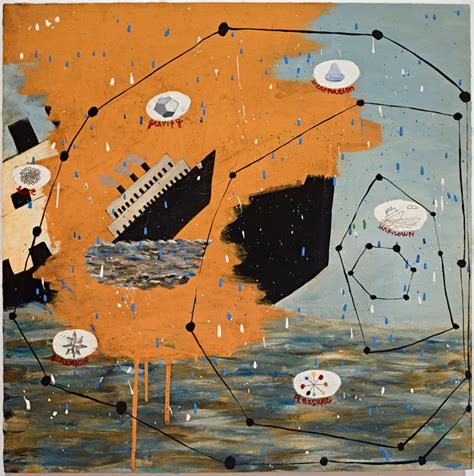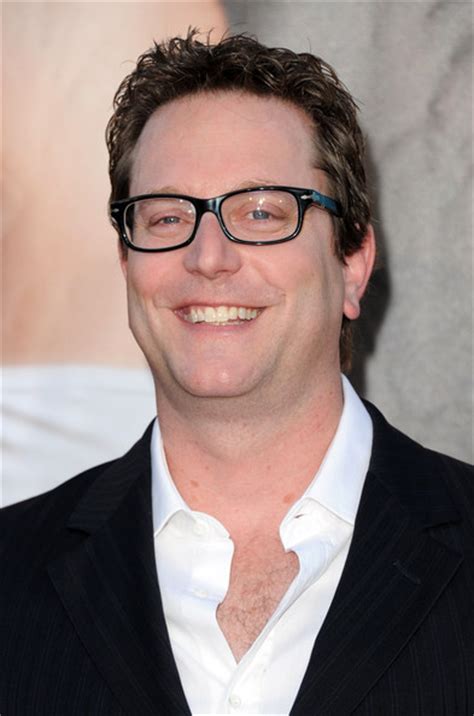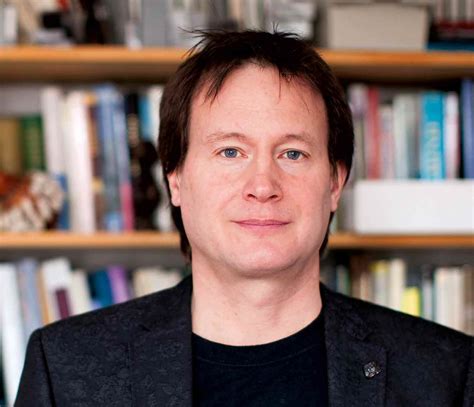A Quote by Henri Frederic Amiel
Our greatest illusion is to believe that we are what we think ourselves to be.
Related Quotes
We can stop picking on ourselves for picking on ourselvesWe can cherish ourselves and our lives. We can nuture ourselves and love ourselves. We can accept our wonderful selves, with all our faults, foibles, strong points, weak points, feelings, thoughts, and everything else. It's the best thing we've got going for us. It's who we are, and who we were meant to be. And it's not a mistake. We are the greatest thing that will ever happen to us. Believe it. It makes life much easier.
No matter what is happening in our lives, we choose how we wish to think about it. And the greatest gift we give ourselves is often our willingness to change our minds. Despite what might seem to be the saddest and most intractable situation, we have the power to believe that something else is possible, that things can change, that a miracle can happen.
The greatest barrier to own own healing is not the pain, sorrow or violence inflicted upon us as children. Our greatest hindrance is our ongoing capacity to judge, to criticize, and to bring tremendous harm to ourselves. If we can harden our heart against ourselves and meet our most tender feelings with anger and condemnation, we simultaneously armor our heart against the possibility of gentleness, love and healing.
Our moral reasoning is plagued by two illusions. The first illusion can be called the wag-the-dog illusion: We believe that our own moral judgment (the dog) is driven by our own moral reasoning (the tail). The second illusion can be called the wag-theother-dog's-tail illusion: In a moral argument, we expect the successful rebuttal of an opponent's arguments to change the opponent's mind. Such a belief is like thinking that forcing a dog's tail to wag by moving it with your hand will make the dog happy.
In April 1917 the illusion of isolation was destroyed, America came to the end of innocence, and of the exuberant freedom of bachelor independence. That the responsibilities of world power have not made us happier is no surprise. To help ourselves manage them, we have replaced the illusion of isolation with a new illusion of omnipotence.
Our self illusion is so interwoven with personal memories that when we recall an event, we believe we are retrieving a reliable episode from our history like opening a photograph album and examining a snapshot in time. If we then discover the episode never really happened, then our whole self is called into question. But that's only because we are so committed to the illusion that our self is a reliable story in the first place.









































